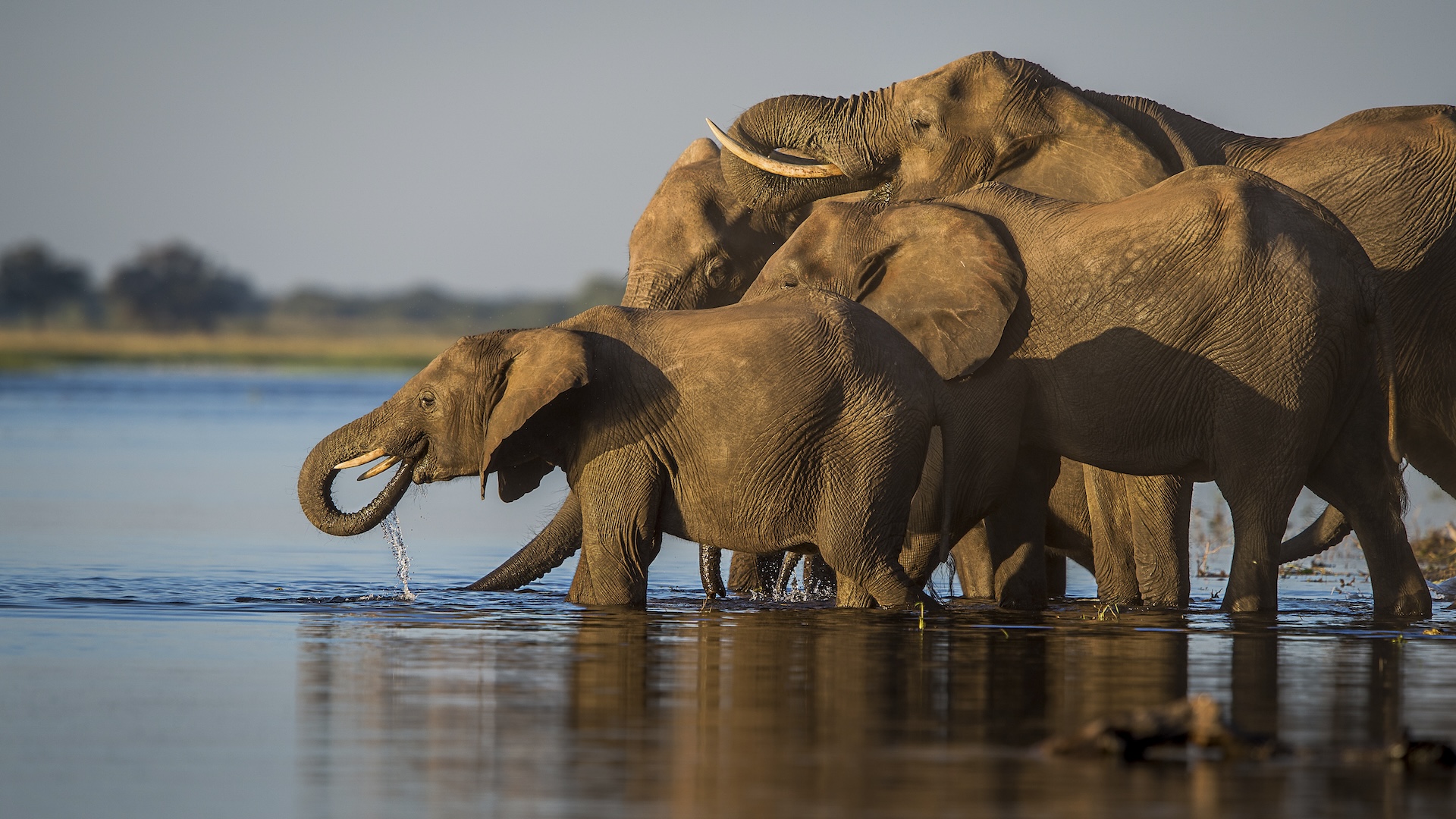According to legend, when an elephant knows it’s nearing the end of its days, it will return to a specific place to die among the remains of its kin, and over time, these remains will form “elephant graveyards” that tower with tusks and skulls.
The idea is so powerful that it has made its way into popular culture, such as in Disney’s “The Lion King,” where haunting images of an elephant cemetery seared themselves onto the minds of a generation of children. Such graveyards hint at the tantalizing prospect that elephants might understand and anticipate their own mortality. But do these places really exist, and do elephants know when they are about to die?
In Africa and elsewhere, there are rare instances when a large number of elephant carcasses are found in a relatively confined area, said Leanne Proops, an associate professor of animal behavior and welfare at the University of Portsmouth whose research looks at death-related behaviors in animals. But in these occasional cases, the pile of carcasses has been linked to drought, large-scale poaching, geological forces or toxic algal blooms in water holes, which have been found to poison hundreds of elephants in one go.
What researchers have been unable to show is that these graveyards form because elephants intentionally traveled there to die, Proops told Live Science. “I can see where that myth or idea could have come into popular culture,” she said, but that’s exactly what it is: a myth, she said.
Akashdeep Roy, a researcher at the Indian Institute of Science Education and Research, agreed. “I’d be very cautious about using the term ‘graveyard,'” he said. “The idea of a graveyard that persists is largely a myth fueled by locals and hunters.”
Related: Do elephants really ‘never forget’?
Do elephants bury their dead?
That doesn’t mean elephants have no understanding or emotional experience of death. In fact, Roy’s own research opens up another angle on that question, with the possibility that elephants bury their kin. In a 2024 study, Roy and colleagues documented five cases in India’s North Bengal region where baby Asian elephants (Elephas maximus) had been found almost completely buried in muddy drainage ditches at separate sites on tea estates, with only their legs protruding from the soil.
The burials seemed strategic, according to Roy. The trench environment would have enabled the adult elephants to place the infants into the ditch and then scoop earth over their bodies. “The elephants buried the carcasses physically without using any tools,” Roy said. “I am as confident as an elephant is in locating water sources and paddy fields. There were elephant footprints all [around] the carcass, and … it’s not very difficult for elephants to level the soil over a trench.”
Locals in North Bengal and neighboring Assam have found several other burial sites beyond the five Roy and colleagues documented in their paper, and village elders accept elephant burials as established knowledge, he noted. Similar scenarios have been observed in African elephants (Loxodonta), in which dead elephants have been found covered in branches and leaves.
Proops said there could be other explanations for why the calves ended up buried and cautioned that without firsthand observation of the elephants doing so, we can’t be sure the burials were intentional.
“I guess the reason we’re interested in it is because we want to know whether this shows they understand death,” Proops said. “It’s very hard to interpret, particularly when it is a rare event. For me, I don’t think we can really confirm whether it’s a burial, in the sense that it has this sort of cognitive meaning to it.”

While questions may linger around this facet of elephant behavior, they show several other intriguing death-related practices. Asian elephants have been observed carrying dead infants for hours or days and are known to stand vigil around the bodies of deceased herd members. Studies also document elephants showing signs of distress when dealing with dead or dying elephants; in Roy’s research, the elephants associated with the burials were recorded trumpeting for almost an hour when they were in the area.
“We felt that [they were mourning], but it’s always difficult to anthropomorphize such behavior in a natural science journal,” Roy said. “Hindu people in India revere elephants as living gods — Shiva and Ganesha — and value elephant subjectivity.”
Related: Do animals grieve?
Scientists have also documented several cases in which elephants have turned up at the site of a carcass and interacted with it, curiously touching and sniffing its bones. In fact, this research showed that African elephants that were presented with the bones of several species showed more interest in the skulls and tusks of other elephants of their own species. The finding suggests that they recognize their own species in death, and that judging by the physical signs of excitement the elephants showed in the presence of the bones, that these remains elicit an emotional response, the study authors suggest.
This idea is especially tantalizing because it seems to echo the kind of reflection that humans would show in a graveyard, “a place where the dead reside, and where we actually go out of our way to visit them as well,” Proops said. However, the evidence for that conclusion comes up short; in general, the research shows that elephants don’t make intentional pilgrimages to commune with these carcasses. Cases where elephants do encounter dead kin seem to occur when they randomly stumble upon a pile of bones; there is no evidence of planned behavior.
“What we really need is GPS data, where we look at normal patterns of movements in the elephants and we see them obviously deviating from those normal routes to go and visit a particular carcass,” Proops said.
The truth is that we don’t know if elephants understand that they’re going to die one day. “There really is no strong evidence that other species do understand that,” Proops said.
